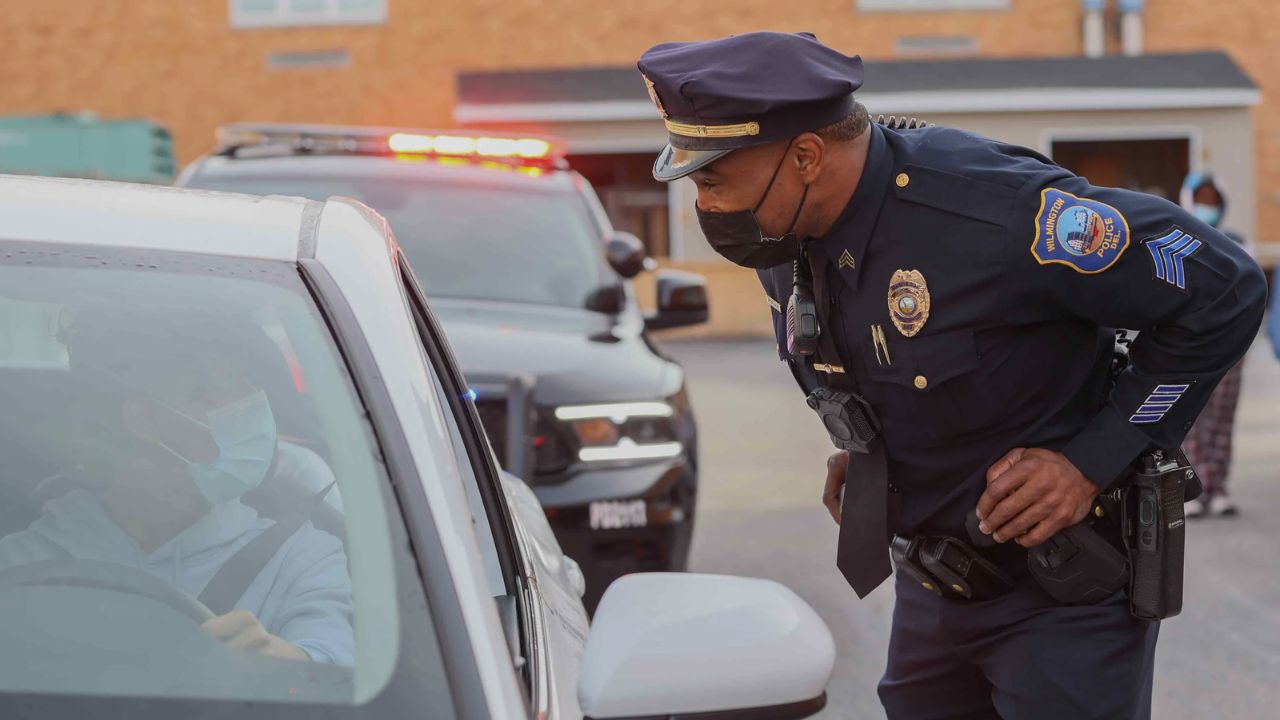Dover, DE – In today’s digital age, our smartphones hold some of the most private details about our lives—messages, photos, banking information, and even location history. This raises an important legal question: Can Delaware police search your phone during a routine traffic stop?
As of 2025, the short answer is no, police cannot legally search your phone during a traffic stop without either your consent or a warrant. Delaware drivers should be aware of their constitutional rights and the specific rules that govern searches of digital devices.
The Role of the Fourth Amendment
The Fourth Amendment of the U.S. Constitution protects against unreasonable searches and seizures. Courts, including the U.S. Supreme Court, have consistently ruled that digital devices like cell phones carry a higher expectation of privacy compared to other possessions.
In the landmark 2014 case Riley v. California, the Supreme Court ruled that law enforcement must obtain a warrant to search a cell phone, except under very limited emergency circumstances. Delaware follows this precedent, meaning that unless you provide consent, an officer must secure a warrant before going through your phone.
Routine Traffic Stops: What Police Can and Cannot Do
During a routine traffic stop, Delaware law requires drivers to provide:
- A valid driver’s license
- Vehicle registration
- Proof of insurance
According to The Huron Insider, Police may also ask basic questions related to the stop. However, they cannot automatically demand access to your phone or its contents.
If an officer asks to search your phone, you have the legal right to say no. Consenting to a search waives your Fourth Amendment protection, which means anything discovered on your phone could be used against you in court.
When Police May Search Without Consent
Although traffic stops alone do not justify a phone search, there are narrow exceptions:
- Search incident to arrest: If you are lawfully arrested, police may seize your phone but still generally need a warrant to search it.
- Imminent risk of evidence destruction: If officers reasonably believe that evidence on your phone could be deleted or destroyed immediately, they may attempt a limited search.
- Exigent circumstances: Rare emergencies, such as preventing an imminent threat to public safety, could justify warrantless access.
Still, these situations are rare and heavily scrutinized by courts.
Read Also: Can Nebraska Police Search Your Phone During a Traffic Stop in 2025?
Can Police Force You to Give a Password?
In Delaware, police may ask for your phone’s password or biometric access (fingerprint or Face ID). However, you cannot be legally compelled to provide it without a warrant. Refusing to hand over your password is protected under constitutional law, though officers may still temporarily confiscate your device while seeking a judge’s approval for a warrant.
Vehicle Searches vs. Phone Searches
It’s important to note that vehicles and phones are treated differently under the law. Delaware police can search a vehicle without a warrant if they have probable cause, such as visible contraband or the smell of drugs. Additionally, inventory searches may occur when a vehicle is towed.
Phones, on the other hand, are given greater privacy protection. The personal data contained on a device cannot be accessed without explicit legal authorization.
Penalties and Consequences of Consent
If you give consent and police find incriminating information, it may result in criminal charges or fines. For instance:
- Evidence of texting while driving could result in a citation.
- Discovery of illegal activity (such as drug-related messages) could escalate into more serious charges.
This is why refusing consent is often in your best legal interest unless law enforcement has a warrant.
Final Thoughts
For Delaware drivers, the rule is clear: police cannot legally search your phone during a traffic stop without consent or a warrant. Protecting your privacy means knowing your rights, staying calm during stops, and refusing unauthorized searches.
What do you think about Delaware’s phone search laws? Should police have more or fewer powers during traffic stops? Share your opinion in the comments on ibwhsmag.com.


 by
by 

